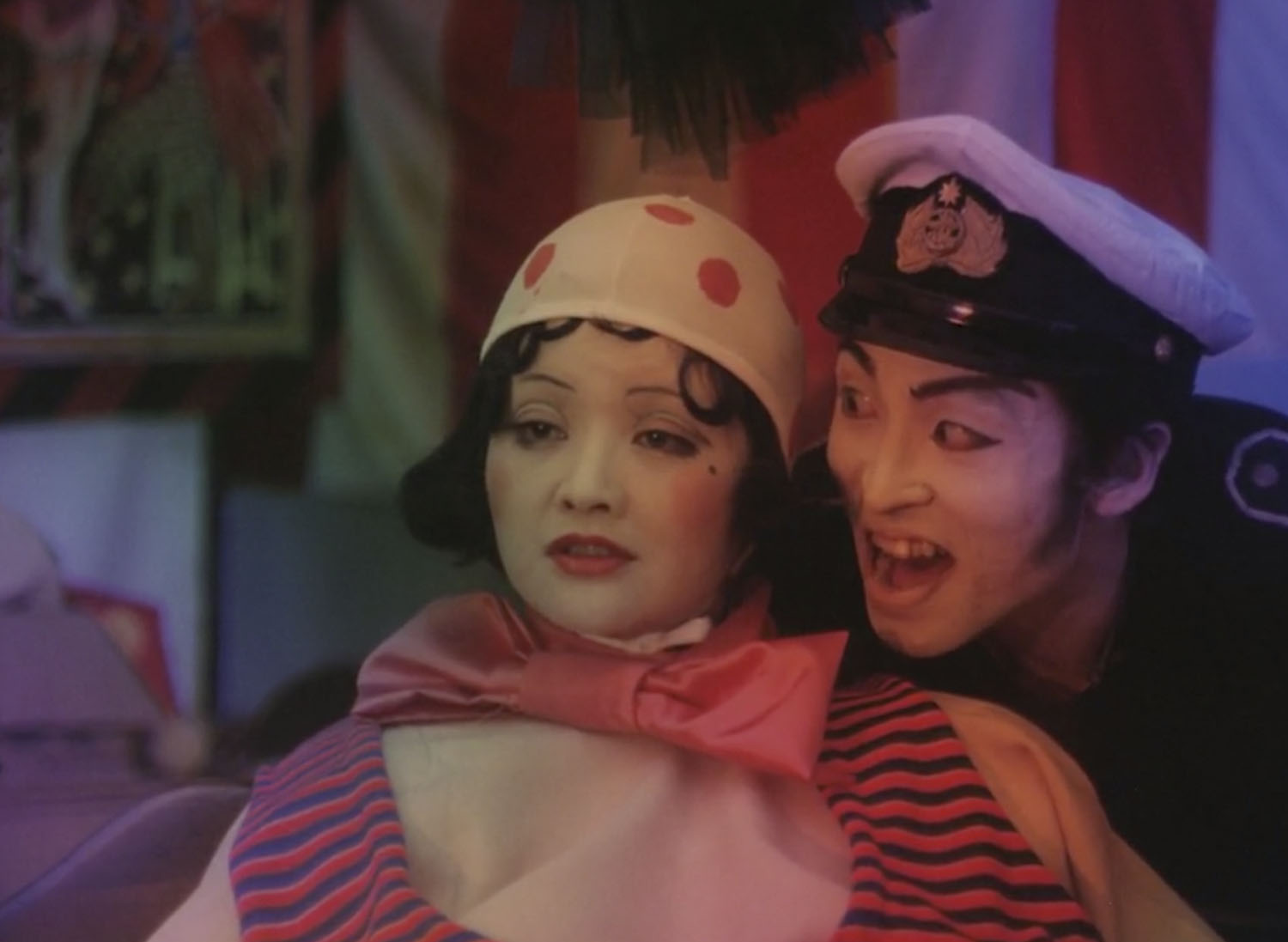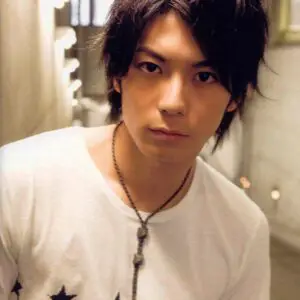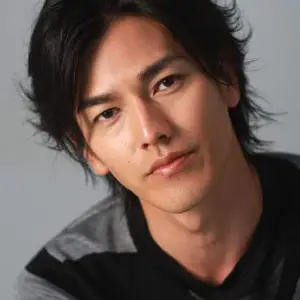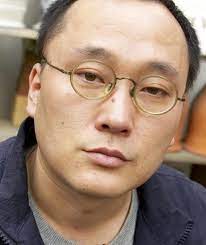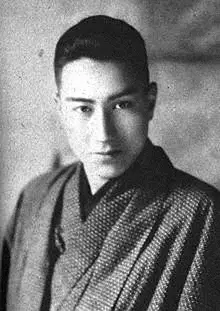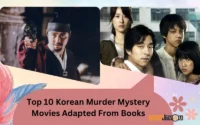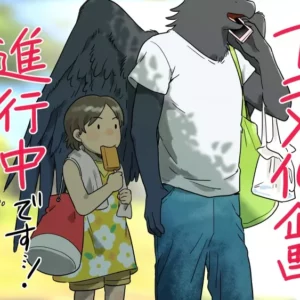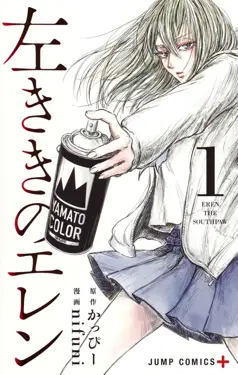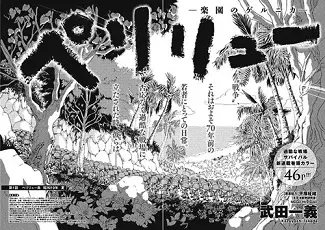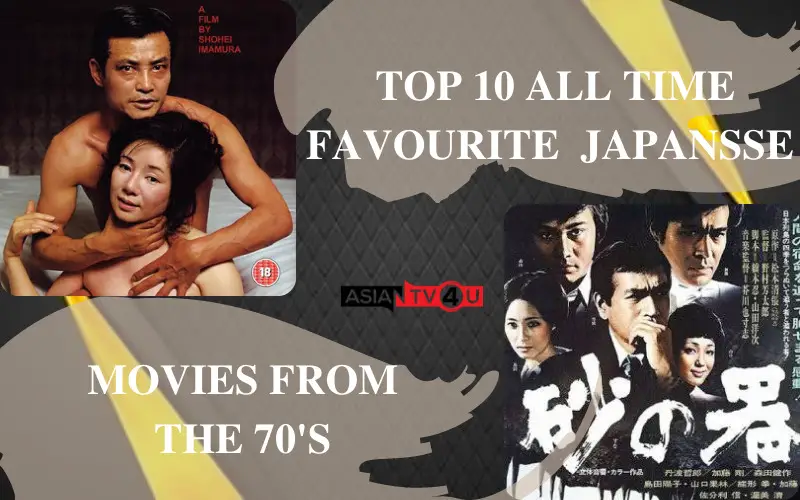
1. The Man Who Stole The Sun
1979 released political satire spy film, The Man Who Stole the Sun, also known as Taiyo o Nusunda Otoko, is director Hasegawa’s sterling work. The classic hit starring Kenji Sawada, a high school science teacher bored with his mundane life. He begins to build an atomic bomb in his tiny apartment with stolen plutonium and uses it to provoke his demands from the police and government.The intriguing storyline engages the viewers and is a must-watch!
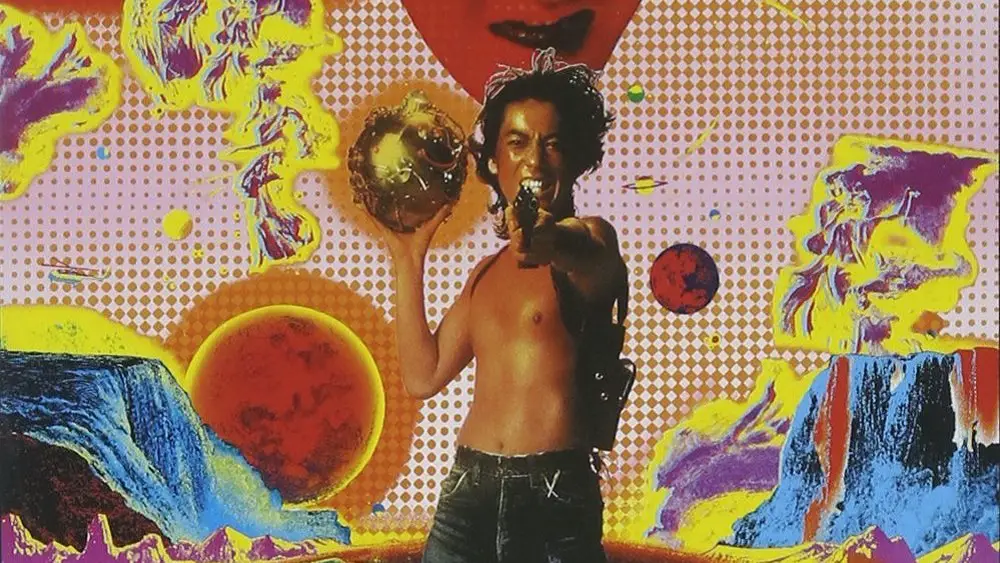
2. Vengeance Is Mine
1979 released ‘Vengeance Is Mine’ is a must-watch movie for crime thriller lovers. Directed by Shohei Imamura, it depicts the true story of the murdering spree of serial killer Akira Nishiguchi and his violent career. Actor Ken Ogata plays the protagonist. The film is an ominous reminder of humanity’s snarling existence.
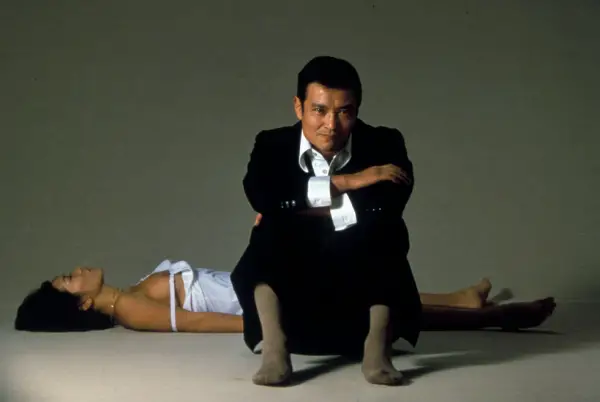
3. The Yellow Handkerchief
If you are an enthusiast of road trip movies, then 1970s bona fide classic ‘The Yellow Handkerchief’ is a good choice. Directed by the veteran director Yoji Yoshido, the film stars Ken Takakura, Tetsuya Takeda, and Kaori Momoi in the lead roles. The film depicts the story of three strangers who have a chance encounter. With amazing actors, lush cinematography, and a storyline that gives a slice of genuine human bonds, The Yellow Handkerchief is a potent tearjerker.
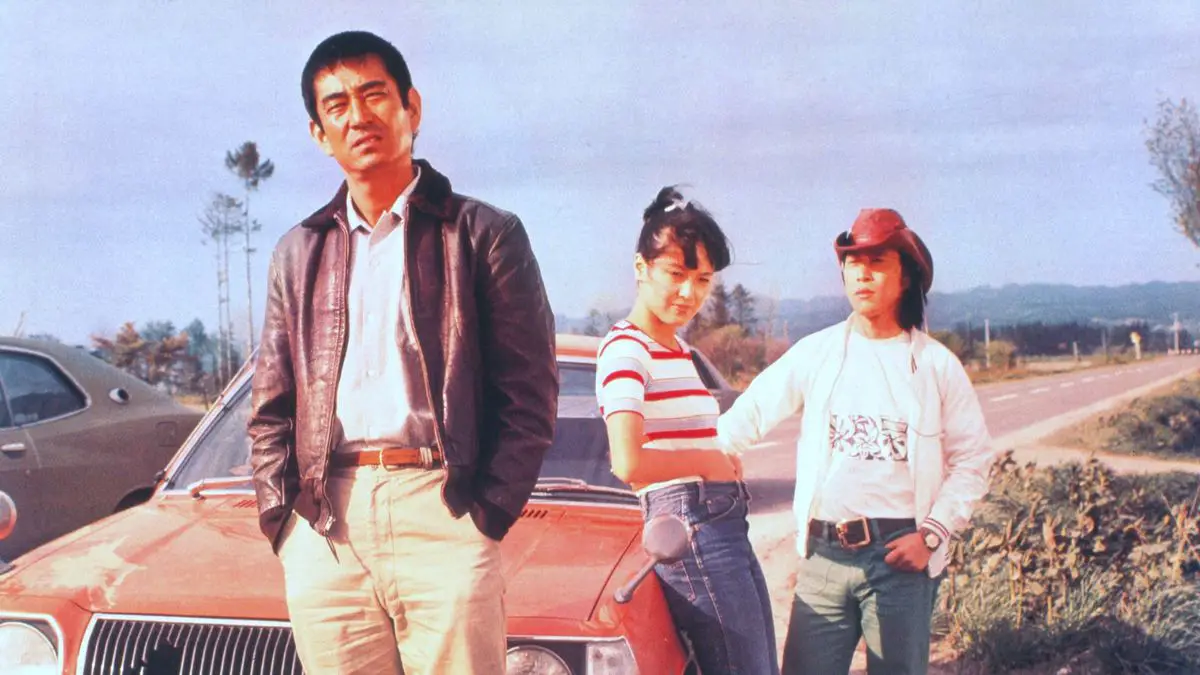
4. Battles Without Honor And Humanity
Battles Without Honor and Humanity is a Japanese film series portraying different factions of the notorious Yakuza mob jostling for dominance. Director Kinji Fukasaku’s five-part saga, ‘Battles Without Honor and Humanity’, was a roaring success in Japan. Bunta Sugawara plays the protagonist, Shozo Hirono, an ex-soldier who escapes from the black market and struggles to sustain his small gang among power struggles between unscrupulous bosses. The dynamics and series of devious stratagems of the film get the audience hooked to the very last minute.
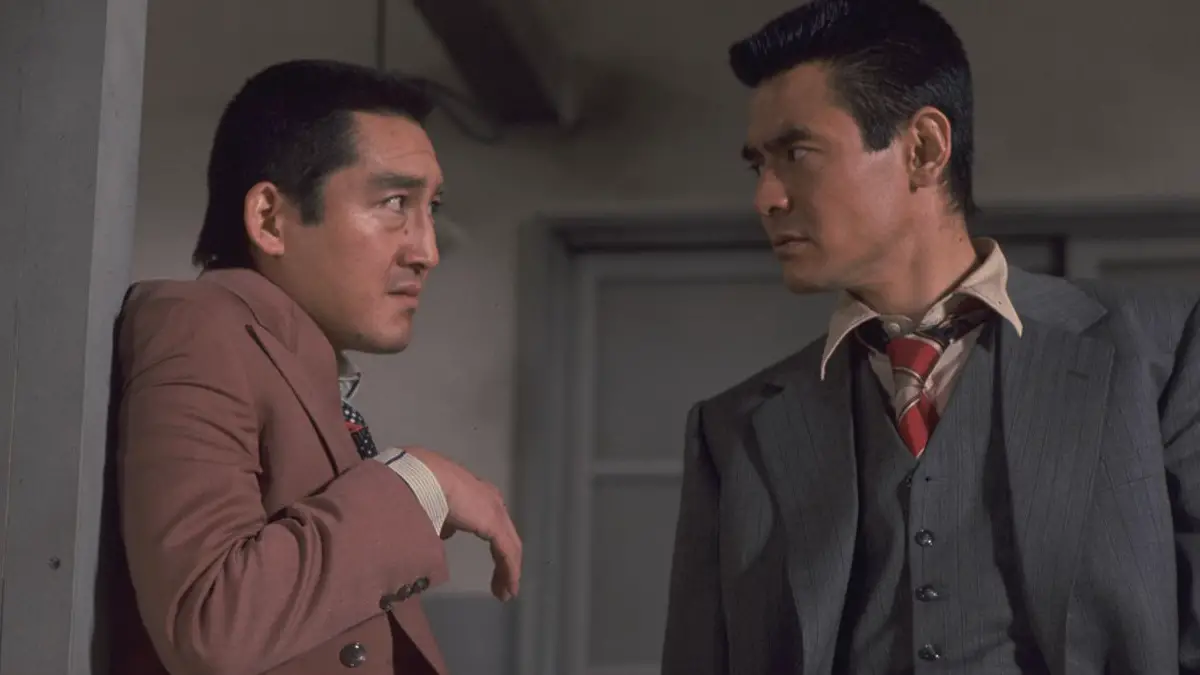
5. Castle Of Sand
1974 released Castle of Sand, directed by Seicho Matsumoto, is a must-see for fans who love the genre of crime investigation. The leads, Detectives Imanishi and Yoshimura, played by Tetsuro Tamba and Kensaku Morita, are tasked to solve the murder mystery of an older man found in a Tokyo rail yard. The film was an unexpectedly massive hit in Japan due to its gripping storyline and unexpected twists.
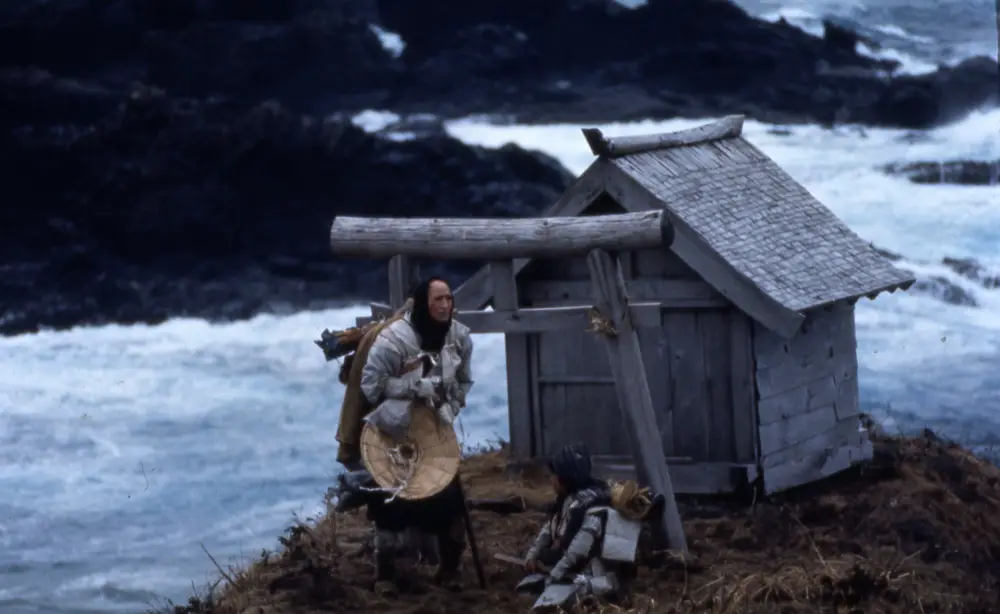
6. The Inugami Family
Kon Ichikawa’s The Inugami Family hit the Japanese theatres with a bang. The perfect blend of a good script and a talented director can do wonders. This nerve-wracking crime drama depicts the story of a detective, tasked to investigate the murder spree of the inugami clan under strange circumstances.
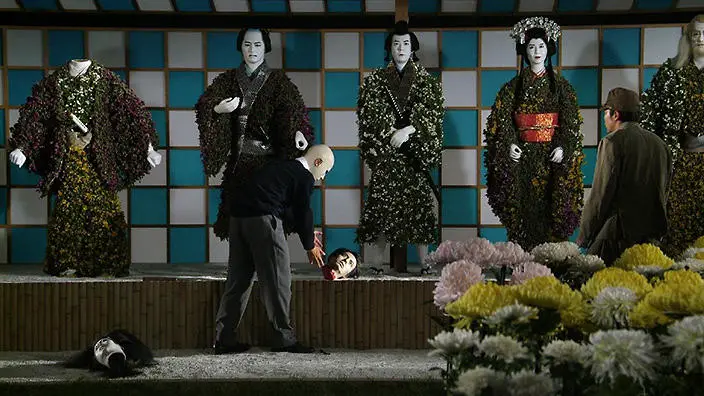
7. Throw Away Your Books, Rally In The Streets
Throw Away Your Books, Rally in the Street is a 1971 Japanese film directed by Shuji Terayama. The film tells the story of a young man who is determined to uplift his poverty-stricken life. On the pursuit, he becomes disillusioned with the world. The film critiques Japan’s descent into materialism and became a masterpiece that came out in the Japanese New Wave.
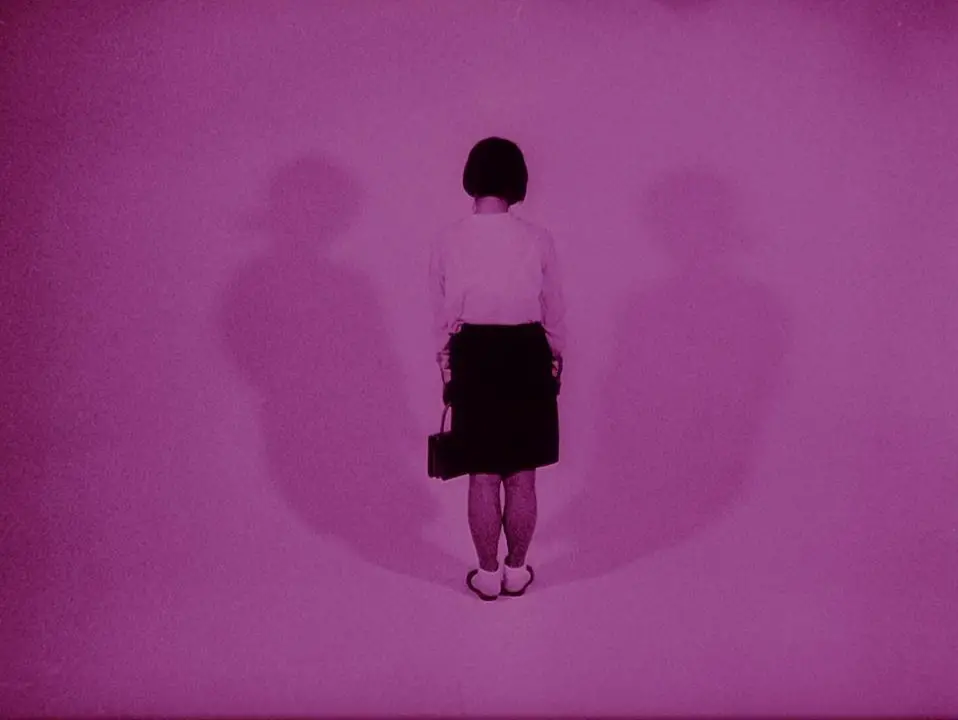
8. The Demon
The Japanese psychological drama, The Demon released in 1978, directed by Yoshitaro Nomura, was one of the most shocking films of the 70s era. When the male protagonist Sokichi stops providing financial support to his mistress and their children, his mistress abandons his children at his doorstep and disappears. Desperate to mend his straining relationship with his wife, who nags about his deceit, Sokichi neglects his children. The film throws light on child abuse and the darkest sides of human nature.
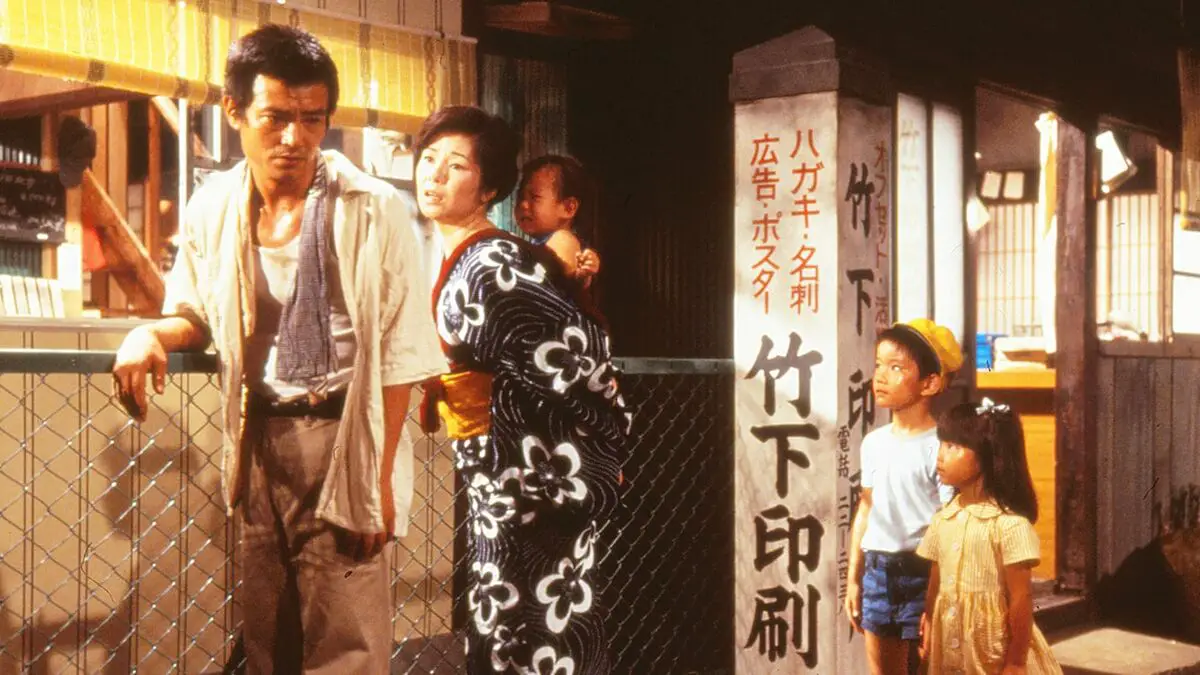
9. Lone Wolf And Cub
Lone Wolf and Cub is a Japanese manga series directed by Kenji Misumi. The action pack series starring Tomisaburo Wakayama as Ogami Itto, a wandering assassin for hire along with his infant son, hits the road to revenge against the clan accountable for his wife’s death. The action-packed samurai series became a cult classic of the 1970s.
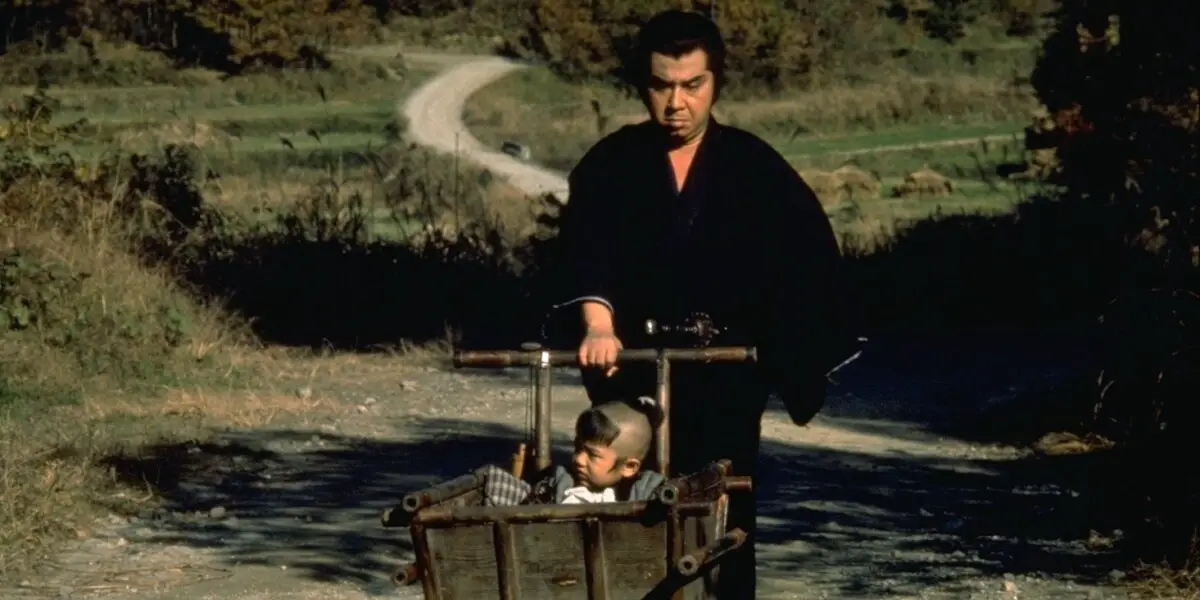
10. Pastoral: To Die In The Country
Shuji Terayama’s wildly imaginative film Pastoral: To Die in the Country, released in 1974, tells a beautiful story of youth and reciprocity between past and present underlying surrealist themes. The movie is very sentimental and based on the complex and fragile childhood memories of the director himself
